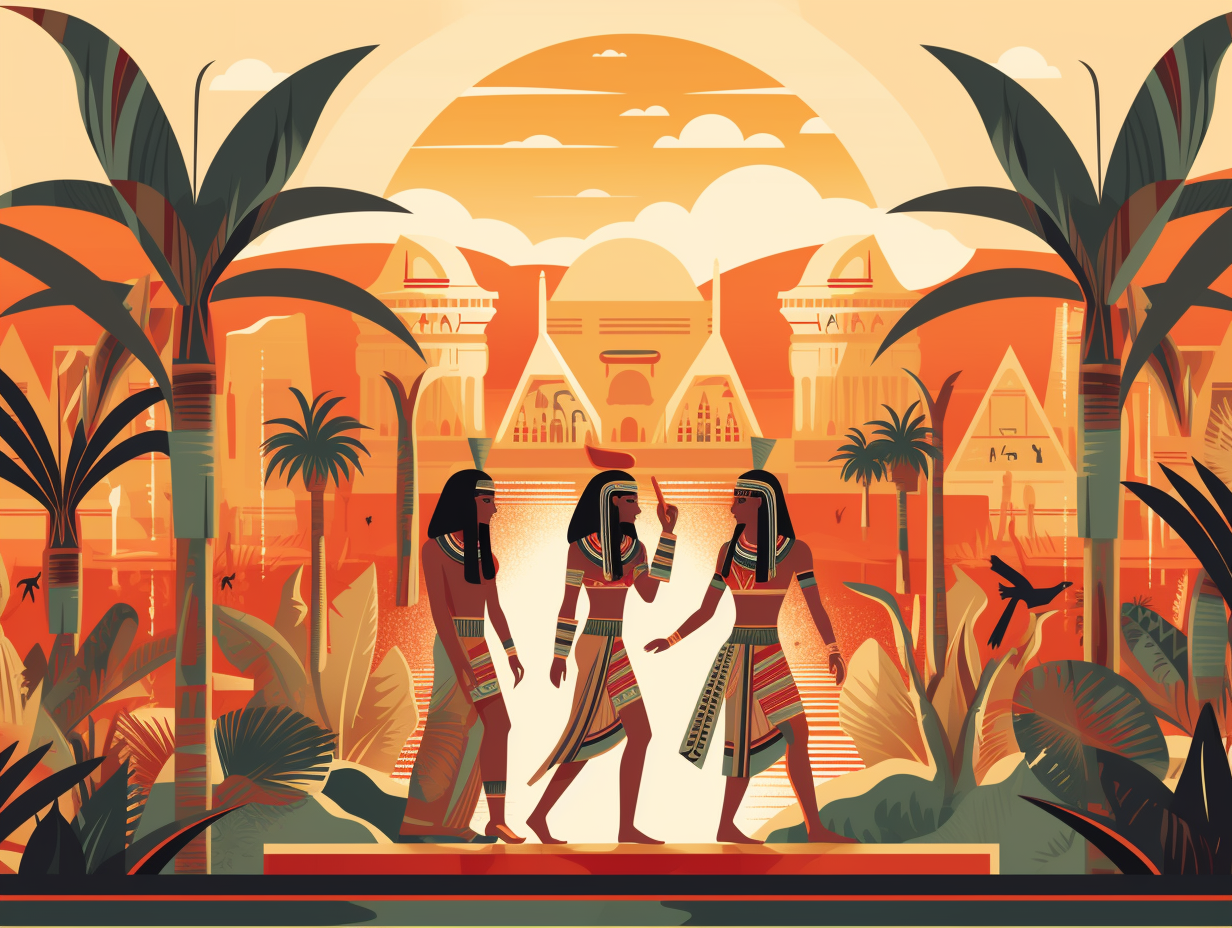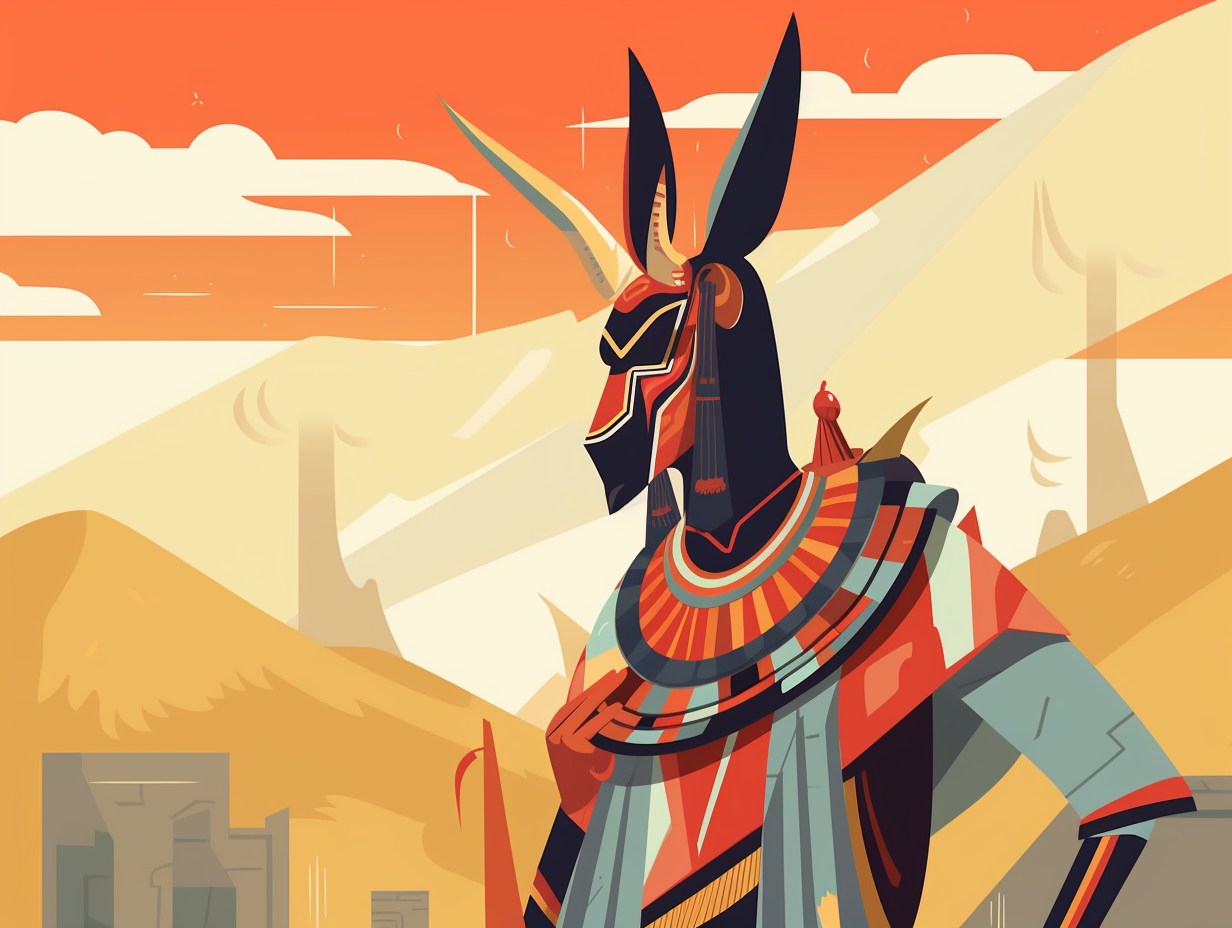Discover the Top 5 Fascinating Fun Facts About Artisans in Ancient Egypt!
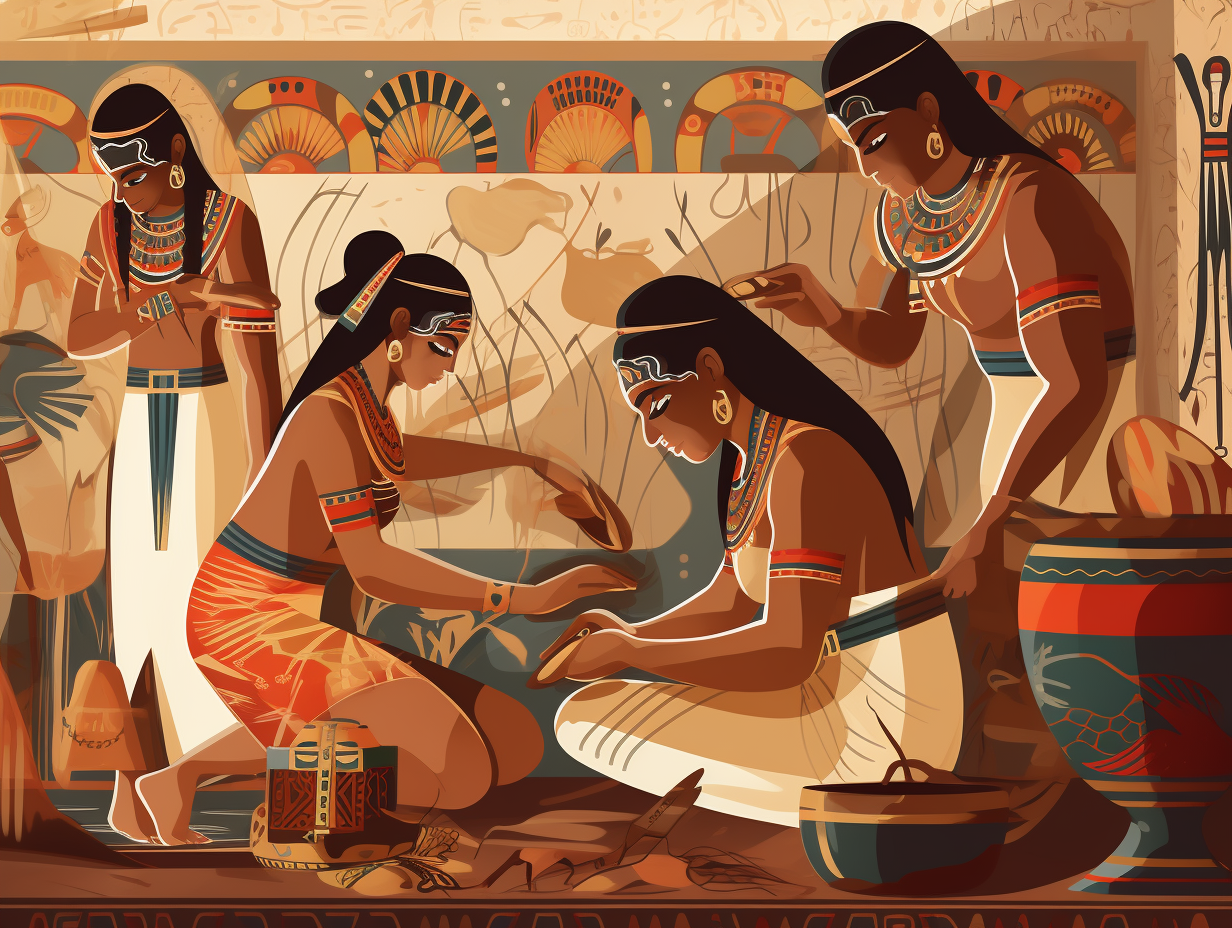
1. Pharaoh's Home Renovators
If ancient Egyptian artisans were around today, they'd be the kind of folks you'd want on your favorite home renovation show, transforming ordinary tombs into divine man-caves adorned with limestone décor and hieroglyphic graffiti: These talented craftspeople, who lived in a walled community known as Deir el-Medina, worked tirelessly in the tombs themselves, creating elaborate carvings and decorations for the royal dead of the New Kingdom, with up to three months to perfect their handiwork before the mummy entered its eternal resting place.
Source => metmuseum.org
2. Eternal Bling Protection
Imagine ancient Egyptians channeling their inner Mr. T, decked out in gold chains and rings - they loved their bling almost as much as their mummies: In fact, Egyptians of all social statuses wore jewelry throughout their lives and even took their precious adornments to the grave, not just for style, but for protection from disease and danger, and to provide eternal guardianship. Talk about making a fashion statement for the afterlife!
Source => arce.org
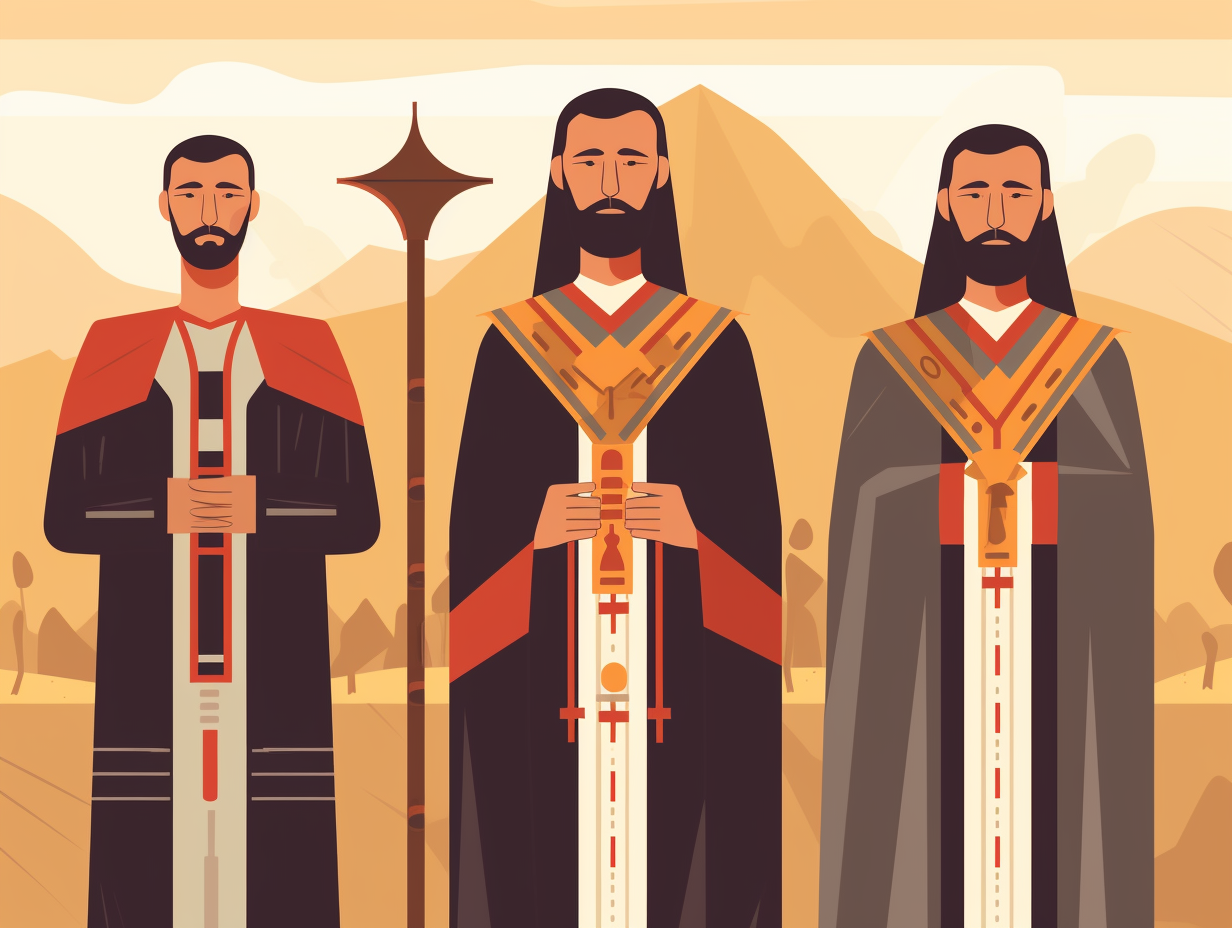
Did you know that ancient Egyptian priests were the ultimate hygiene enthusiasts? They showered multiple times a day, used innovative beauty products, and even had their own toothpaste and breath mints! Discover how their expertise led to the modern term "chemistry."
=> Fun Facts about Priests-In-Ancient-Egypt
3. Bread-and-Beer Paychecks
Who needs a paycheck when you've got a sandwich and a cold one? Welcome to ancient Egyptian payroll: Artisans during this era were paid in rations of bread and beer - ten loaves and up to two jugs a day, to be precise. Though not the modern currency we're used to, this yeasty combo did double duty as sustenance and a trade system, enabling Egyptians to save and manage their bread-and-beer accounts like an ancient, edible bank.
Source => touregypt.net
4. Ancient Crafty Kids Apprenticeships
Back in the era of pharaohs and pyramids, Egyptian crafty kids didn't have the luxury of choosing between woodworking class or pottery at summer camp: turns out, the education system in ancient Egypt strongly favored the training of specialized artisans through an apprenticeship model! Even though evidence is limited, with clues mainly found in literary and documentary texts, it's evident that ancient Egyptians developed a highly specialized education system that allowed a lucky few to become well-regarded craftsmen.
Source => escholarship.org
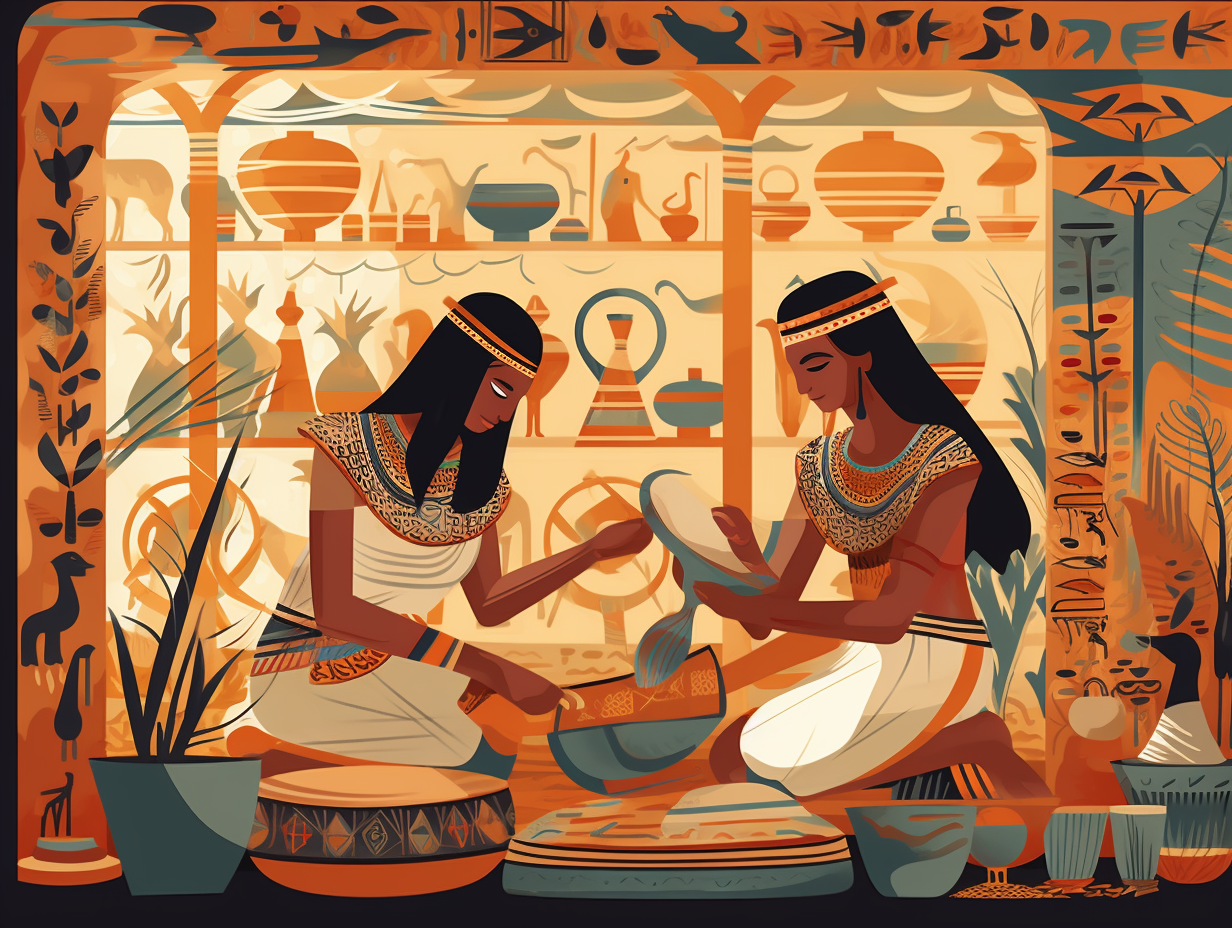
5. Skill-Based Social Ladder
In ancient Egypt, it wasn't how deep your pockets ran but how crafty your hands were that determined your social standing: artisans were placed on the social ladder based on their skills and the quality of their work, often creating masterpieces for pharaohs, government officials, and temple priests, while valuing the teachings of their crafty predecessors.
Source => egypttoursportal.com
Related Fun Facts

